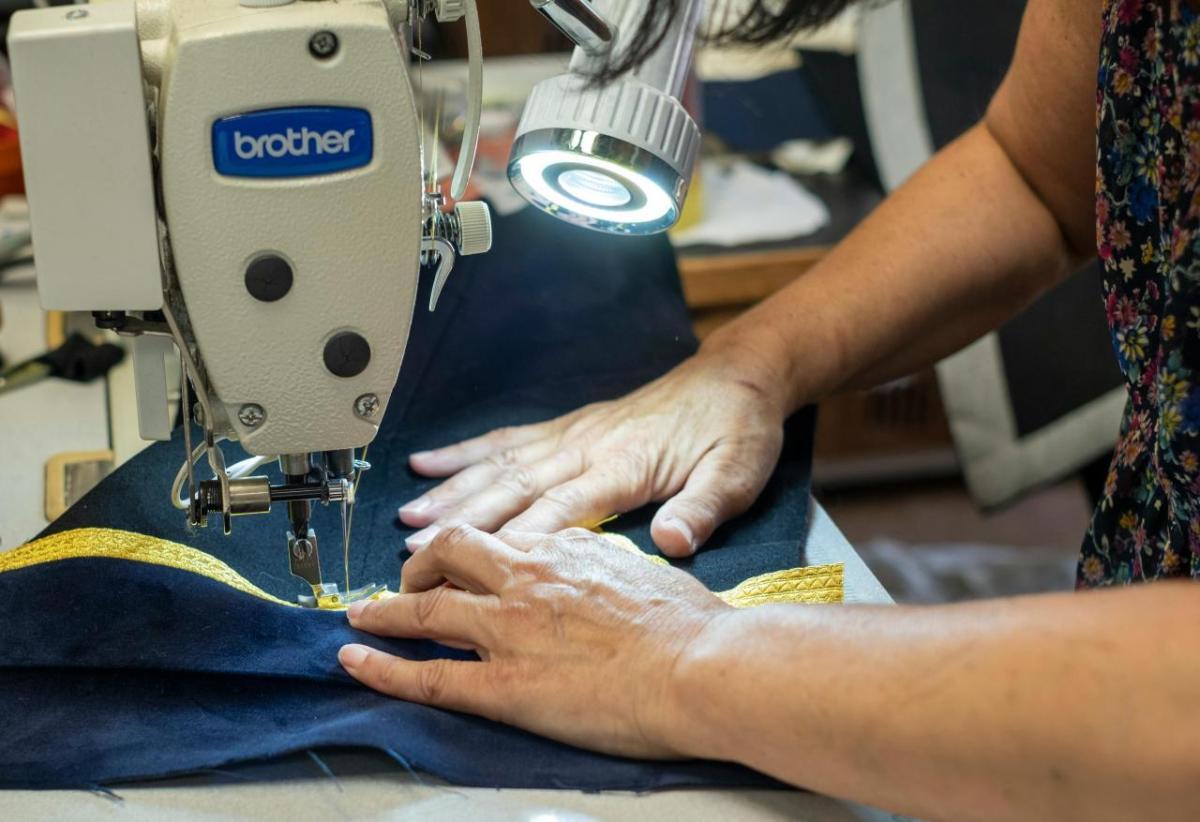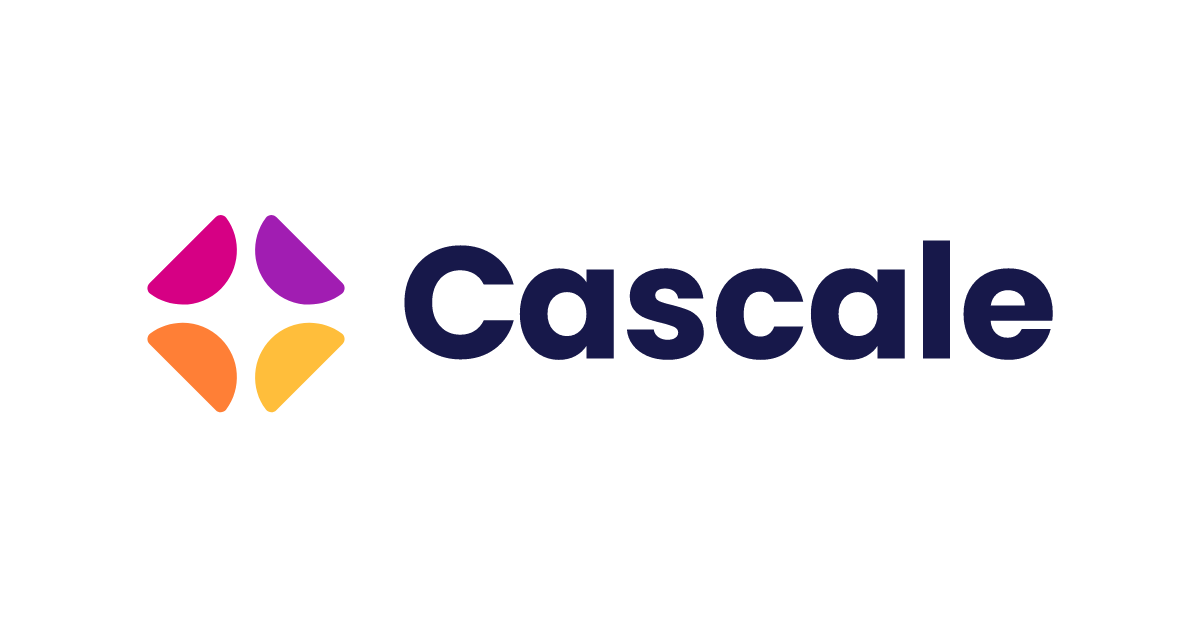Cascale Presents at Avery Dennison’s First Apparel Manufacturing Summit

Andrew Martin, executive vice president, Cascale participated in the inaugural global apparel factory summit hosted by Avery Dennison, a Cascale member at the forefront of sustainability and innovation. Avery Dennison is a global materials science and digital identification solutions company that provides a wide range of branding and information solutions that optimize labor and supply chain efficiency, reduce waste, advance sustainability, circularity and transparency, and better connect brands and consumers. The event took place in Singapore in September and attendees included a select group of owners and CEOs of manufacturing facilities in Asia and Europe. Presentations and discussions centered around challenges in the supply chain, from traceability to circularity.
In a fireside chat, Martin began by sharing the main purpose of his attendance: to listen to the concerns and challenges of manufacturers—voices that need greater attention, especially in the context of traceability—and to explore how Cascale, in its role as a convener of the entire value chain, can support them. He examined how the supply chain must work together to unlock transparency and traceability. Both referenced data from Cascale’s Higg Facility Environmental Module (FEM) tool, which is exclusively available on Worldly. The Higg FEM is a transformative tool used to assess the environmental impact of product manufacturing at facilities, from water use to waste management, to chemical and energy use.
Martin’s presentation was especially relevant to attendees in showcasing how transformative Higg FEM data is for advancing facility improvements while reducing redundancy. He emphasized the value of the Higg Index tools in offering standardized approaches and highlighted Cascale's crucial role in reducing duplication, increasing harmonization, and ensuring consistency, particularly in the context of data collection for traceability in response to upcoming regulations. Additional speakers included Steve Lamar, president and CEO of the American Apparel and Footwear Association (AAFA), among others.
Martin also shared learnings from Cascale members, noting that since much of the, legislation, —such as the EU’s Corporate Sustainability Reporting & Due Diligence Directives (CSRD & CSDDD), Eco-Design for Sustainable Products Regulation (ESPR), and Digital Product Passport (DPP), and the US’s Uyghur Forced Labor Prevention Act (UFLPA),—are still pending further clarification, and even aligned implementation, the focus of ESG data collection processes is still being focused just on compliance with specific data points. He emphasized however that the importance of the industry shifting towards traceability, that enables more effective due diligence, risk identification, and opportunities for and verification of ESG progress.
Martin emphasized the importance of making sustainability information transparent at the site level, a core component of traceability, defined as “the process of creating visibility of materials, products, and the information in which they were produced through the supply chain, to ensure the accountability of environmental and social progress.” He characterized the burden that traceability places on manufacturers as “irrational” and called for rapid collaboration on pragmatic interventions to harmonize the ESG data reporting landscape, standardizing supply chain data points, align data collection templates and questionnaires, and harmonizing data requests and verification cycles.
He also mentioned initiatives like Cascale’s decarbonization programs, including the Manufacturer Climate Action Program (MCAP), inviting attendees to consider their involvement.

